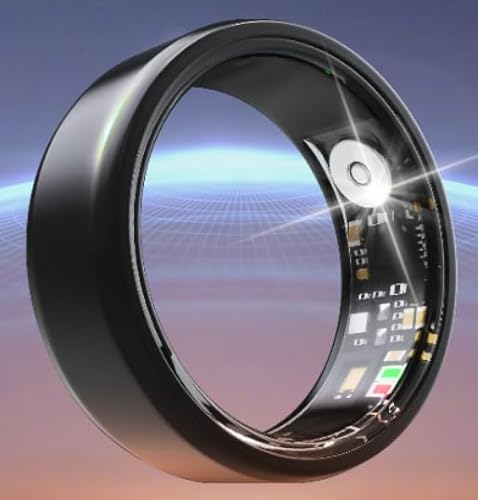B
Barbara Stewart
Some of you may remember that I was diagnosed with secondary pulmonary hypertension last November. The mitral valve that was replaced last May had come loose and I had severe regurgitation which led to a second surgery in January, 06.
I also have lupus so I have my blood monitored regularly and I have had low sodium in the last few tests. I have been taking Maxide since forever, but my PCP suggested I stop taking the diuretic. I have and I'm feeling the results. My question is: should I be seeing a pulmonologist in addition to my cardiologist? The echo I just had shows that the PH is better, but not gone. This is one problem that I don't feel I have a handle on. I don't really understand how severe mine is. This morning my walk was very hard. There is a pollution alert and it is very hot. Was it the PH that caused me to have such a hard time? The last two mornings it has hurt to breathe deeply. Is that PH? I also had pleural effusion after my first surgery, last May and had to have it drained 3 times.
Sorry if this isn't very well written. I hope it is understandable. I used to teach writing and I worry about such things.
Barbara
I also have lupus so I have my blood monitored regularly and I have had low sodium in the last few tests. I have been taking Maxide since forever, but my PCP suggested I stop taking the diuretic. I have and I'm feeling the results. My question is: should I be seeing a pulmonologist in addition to my cardiologist? The echo I just had shows that the PH is better, but not gone. This is one problem that I don't feel I have a handle on. I don't really understand how severe mine is. This morning my walk was very hard. There is a pollution alert and it is very hot. Was it the PH that caused me to have such a hard time? The last two mornings it has hurt to breathe deeply. Is that PH? I also had pleural effusion after my first surgery, last May and had to have it drained 3 times.
Sorry if this isn't very well written. I hope it is understandable. I used to teach writing and I worry about such things.
Barbara






















